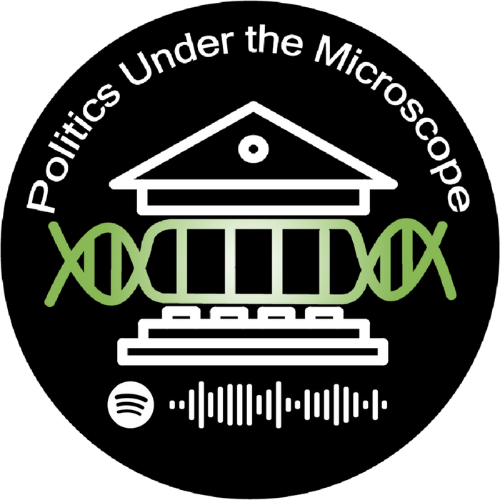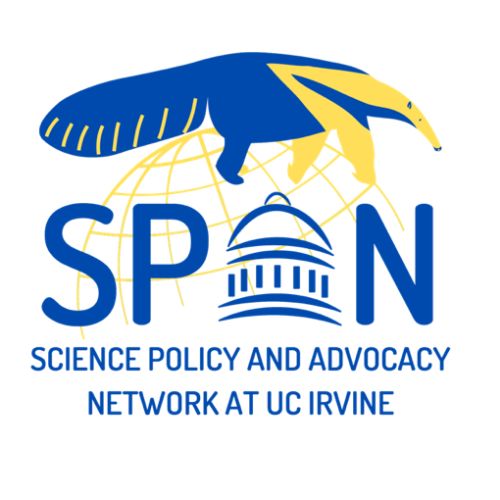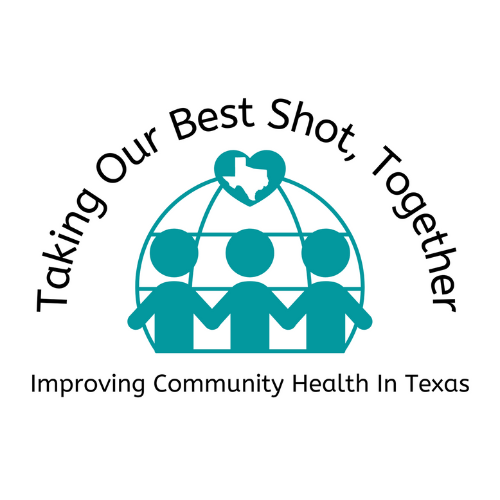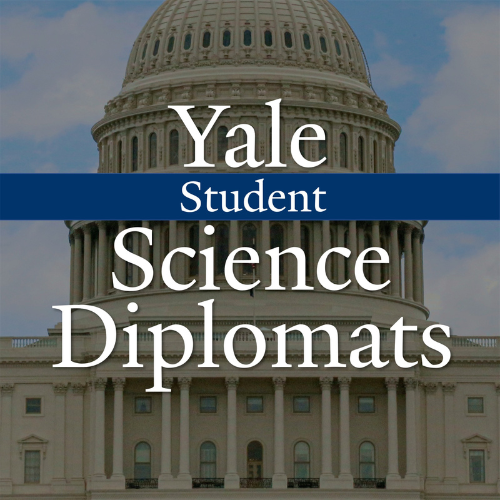2022-2023 Microgrant Recipients

Research!America, with support by the Rita Allen Foundation, is awarding microgrants of $1,000 to $4,000 to 20 graduate student and postdoc-led science policy groups from across the U.S. to initiate civic engagement and educational outreach activities in their communities.
The 2022 Research!America Microgrant awards focus on creating dialogue with public officials, local community leaders, and the public around issues of common concern. Grants will support high-impact in-person and virtual programming using methods including roundtable discussions, webinars, podcasts, data visualization projects, and community events. It will also provide opportunities for students interested in starting a local science policy group to receive up to two years of seed funding. In addition, microgrant group leaders will be invited to participate in a high-level science policy and advocacy course developed in partnership with the Federation of American Societies for Experimental Biology (FASEB).
Arizona State University — “Advisory Group Urban Climate Research Center”
Arizona State University – “Advisory Group Urban Climate Research Center” will organize science events for and produce online content to bridge the information gaps of policymakers, scientists, and community leaders to work on heat hazard mitigation and adaptation. To learn more, visit their website.
 Rockefeller University — “Politics Under The Microscope”
Rockefeller University — “Politics Under The Microscope”
The Rockefeller University, Weill Cornell Medical College, Gerstner Sloan Kettering Graduate School – “Politics Under The Microscope” will produce a podcast series (in partnership with March For Science – New York City) overviewing the scientific and policy-related underpinnings of fast fashion, specifically within the United States. For more information, listen to their podcast, visit their website, and follow them on Twitter (@putmpodcast).
Touro College of Pharmacy — “Student Society of Health-Systems Pharmacists (SSHP)”
Touro College of Pharmacy – “Student Society of Health-Systems Pharmacists (SSHP)” will hold a community health care event in their local, diverse community of Harlem. They plan to share educational information on proper medication storage, dosing, and adherence, resources for low-cost medications, and information on health tests. This experience will also serve as an opportunity for pharmacy students to engage with their community and shape how they can provide patient-centered care in their underserved community.
 University of California, Irvine — “Science Policy and Advocacy Network”
University of California, Irvine — “Science Policy and Advocacy Network”
University of California, Irvine – “Science Policy and Advocacy Network” will inform and empower students, early career scientists, and people in the community about issues related to climate change through monthly organization meetings and public talks. To learn more, visit their LinkedIn.
University of California, Los Angeles — “Science Policy Group
University of California, Los Angeles – “Science Policy Group” will develop educational workshops for scientists to become better communicators and to create infographics for the public on science policy issues. To learn more, visit their website and follow them on Twitter (@SciPolUCLA) and Instagram (@SciPolUCLA).
University of California, Merced — “Math and Computer Science Research Engagement (MCoRE)”
University of California, Merced – “Math and Computer Science Research Engagement (MCoRE)” will travel to local high schools to provide mentorship and introduce basic programming skills and provide higher level math support. For more information, visit their website.
University of Colorado Medical Campus — “Project Bridge Colorado”
University of Colorado Medical Campus – “Project Bridge Colorado” will train scientists on how to become effective policy communicators, culminating in a poster session at the state capitol to celebrate exciting new research initiatives. For more information, visit their website and follow them on Twitter (@projbridgeCO), Facebook, and Instagram (@projbridgeco).
University of Maryland, Baltimore — “Neuroscience Outreach and Volunteer Association”
University of Maryland, Baltimore – “Neuroscience Outreach and Volunteer Association ” will lead informal community events to foster a better understanding of important health-related topics such as COVID-19 and substance use disorder. Events will be hosted at local coffee shops and will begin with short expert presentations followed by open discussion. For more information, visit their website and follow them on Twitter (@NOVAatUMB)
University of Miami — “HealthE Lifestyles”
University of Miami – “HealthE Lifestyles” In partnership with a local non-profit public health organization, Healthy Little Havana, will host a mini-series, “¡Vámos a Movernos (Let’s Move) Little Havana!” The mini-series will focus on facilitating opportunities for developing healthier lifestyle habits and providing information on negative health outcomes that disproportionately affect local Hispanic populations. For more information, visit their website.
Oklahoma Policy Engagement Network — “Skydance Festival”
University of Oklahoma Health Science Center- “Oklahoma Policy Engagement Network” (OPEN) will hold their first annual “Skydance Festival” — an open event for the academic, industry, local businesses, and community to enjoy festival attractions with a science flair. The festival will focus on providing meaningful experiences for Oklahomans to engage with the Oklahoma City science community and learn more about the science happening around them. For more information, visit their website.
University of Tennessee Health Sciences Center — “Cardiothoracic and Vascular Surgery Student Interest Group”
University of Tennessee Health Sciences Center – “Cardiothoracic and Vascular Surgery Student Interest Group” will teach future surgeons the importance of advocacy and will build skills through hands-on workshops with active science advocates. For more information, visit their website.
University of Texas Health, San Antonio — “Science Policy Group”
University of Texas Health, San Antonio – “Science Policy Group” will hold informal communications workshops and #AskTheScientists events to increase engagement with scientists and community members alike in science policy. They plan to build a website to host science policy resources for the professional development of their members.
Follow them on Instagram @scipoluthscsa and on Twitter @scipoluthscsa
 University of Texas Medical Branch — “Taking Our Best Shot”
University of Texas Medical Branch — “Taking Our Best Shot”
University of Texas Medical Branch — “Taking University of Texas Medical Branch – “Taking Our Best Shot” will develop a seminar series on pressing public health issues for the local community. For more information, visit their website, or follow them on Instagram (@Takingourbestshot) and Facebook.
Van Andel Institute — “Grand Rapids Science Outreach Group”
Van Andel Institute – “Grand Rapids Science Outreach Group” will publish a podcast series centering community sourced questions on neurodegenerative disorders, answered by lead researchers at the Institute.
Virginia Tech — “Science Policy Advocacy and Education Club (SPEAC)”
Virginia Tech – “Science Policy Advocacy and Education Club (SPEAC)” will host local invasive species experts, conservation groups, and elected officials to increase awareness and interest in environmental health. Through an in-person science trivia event, scientists and community members will be given opportunities to connect further, allowing personal connections to conservation to grow. For more information, visit their website and follow them on Twitter (@speacvt) and Facebook (@speacv).
Wake Forest University — “Brain Awareness Council”
Wake Forest University – “Brain Awareness Council” will host a weekend long station-style fair with various activities, information booths, and mini-events to share hands-on neuroscience lessons with local K12 students and their families. They will also provide pamphlets of local resources to increase science literacy and STEM career interest. To learn more, visit their website and follow them on Twitter (@bac_wfu).
Washington University in St. Louis — “ProSPER and GPC”
Washington University in St. Louis – “ProSPER and GPC” will lead a seminar series focusing on local environmental issues related to human and environmental health. Over the course of a week, the group will host community groups events to provide information on science advocacy to create local environmental changes. To learn more, visit their website and follow them on Twitter (@gpcwustl).
Wayne State University — “Science Policy Detroit”
Wayne State University – “Science Policy Detroit” will host a science fair for Wayne State University STEM students, Detroit public school students and local policy makers. The event will facilitate exchanges of knowledge between all three groups to educate attendees through interactive science demonstrations and to facilitate conversations between WSU students, local policymakers, and local residents about community issues, STEM education, and civic engagement. To learn more, visit their website, YouTube channel, Twitter (@Scipoldetroit), and Instagram (@Scipoldetroit).
Weber State University — “Utah Science Policy Initiative”
Weber State University – “Utah Science Policy Initiative” is a new group that will use start-up funding to train scientists to become better science advocates. Scientists will build relationships with state and local policymakers by attending hill days and meeting with representatives.
 Yale University — “Student Science Diplomats”
Yale University — “Student Science Diplomats”
Yale University – “Student Science Diplomats” will host four science policy experts in a series of panels to provide career exploration opportunities, engage with trainees interested in science policy, and to connect with locally elected officials. For more information, visit their website and follow them on Twitter (@YSciDiplomats).




